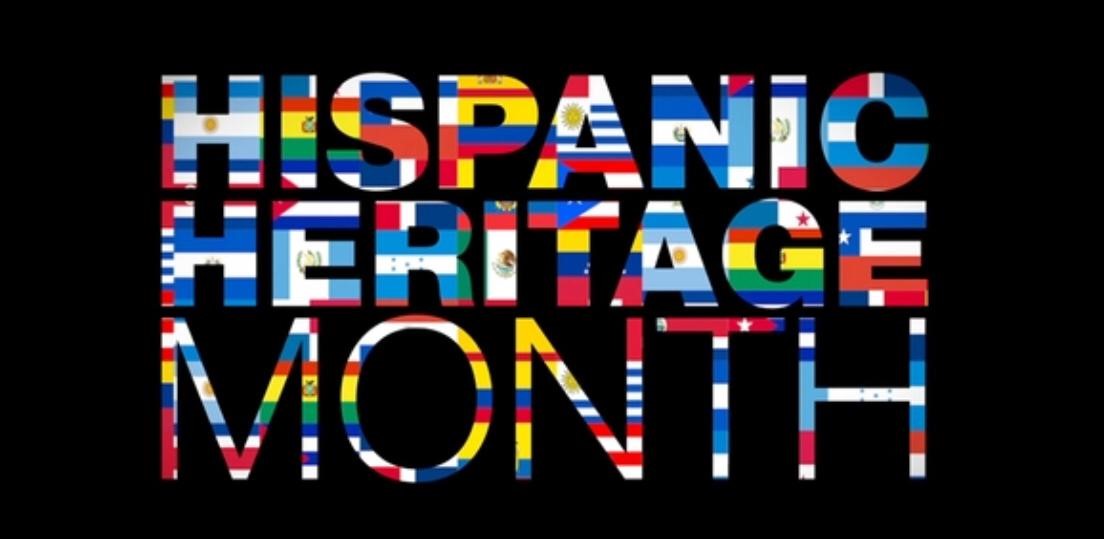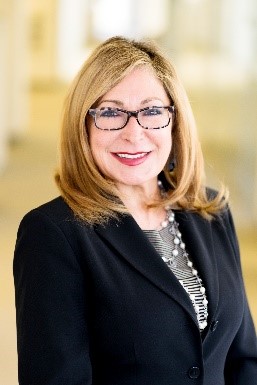
As part of MassBio’s observation of National Hispanic Heritage Month (NHHM), I interviewed Aida Sabo, Vice President of Diversity & Inclusion at PAREXEL International, a multinational, life sciences consulting firm and CRO. After speaking with Aida, it was clear to me that pride for her heritage runs deep and is a critical part of who she is both as an individual and as an employee of PAREXEL. Her lineage has a culture that believes that sharing experiences with others is extremely important, especially with those who are considered Familia. Hear what Aida has to say on how Hispanic legacy is beneficial to Biotech.
What does your Hispanic heritage mean to you?
My Hispanic heritage is to celebrate what makes me a Hispanic. I was born in Mexico from a family that originally came from Iberia, Spain. Part of my dad’s family in Mexico also has Aztec in his lineage. I love this family background and I love our culture. Our culture is colorful, we have fantastic food that my parents have taught me to cook because it’s very different here in the U.S. I also love the strong family values – La Familia. And we are a culture that easily brings others into this family. To me, this is a time to reflect and appreciate the many contributions Hispanics have made to our country.
How has your Hispanic background shaped your professional career?
I come from a background of hard work and dedication, which I applied to my early days here in the U.S and it launched my career. I was an immigrant working hard to make ends meet and put myself through college. It also helped that I was able to reach out into the community and receive a scholarship to finish my Electrical Engineering Degree. My family wanted us to have a good education and helped us as much as they could. My family also stressed teamwork and collaboration—which I bring to my career. There is also the “making amigos” part of my culture – we are a very friendly culture and make friends with many people. I think this positively contributes to creating and establishing a strong network that I leverage at work and externally.
What does NHHM mean to PAREXEL?
It’s an opportunity for us to acknowledge the contributions of our Hispanic employees as well as our Hispanic external community that includes our patients and clients. It’s part of that global community that make up our marketplace and our workforce.
What can the biotech industry do to leverage multi-ethnicity and multicultural customs as well as support Latino talent in a way that encourages them to be ‘authentic’ in the workplace?
Here are a few: Add inclusion to the company values, incorporate inclusion measurement to the company employee survey, create a strategy to advance inclusive environments that includes success metrics and celebrate the contributions of the diverse employees.
According to Nature Biotechnology, Latinos/Hispanics are 18% of the U.S, population, however have only 4% of management and 2% of board seats. What are the contributing factors to this problem? How should we address these issues or overcome these barriers?
We need to continue the programs we are doing in STEM at diverse schools and universities so that we have more Hispanics graduating in those fields. We also need to understand that this community may also need the support of scholarships and funding to attend higher ed. I was fortunate to have received scholarships that helped me complete my degree at a well-regarded university. And then I went to a company that has programs to on-board and develop under-represented groups.
 As Vice President of Diversity/Inclusion for PAREXEL, Aida Sabo is responsible for the Global Diversity & Inclusion Strategy and for finding creative ways to execute this strategy. The strategy consists on building D/I awareness and launching a culture change to ensure D/I is part PAREXEL’s DNA. Some elements of this strategy include, Gender Partnership- promoting an inclusive environment so that all genders flourish in the company; Engaging Men as advocates and champions, empowering a global diverse workforce; and leveraging Big Data/Predictive Analytics to identify and address institutional blind spots and barriers. Her work extends to global initiatives in India, Germany, UK, Japan, Argentina and other regions.
As Vice President of Diversity/Inclusion for PAREXEL, Aida Sabo is responsible for the Global Diversity & Inclusion Strategy and for finding creative ways to execute this strategy. The strategy consists on building D/I awareness and launching a culture change to ensure D/I is part PAREXEL’s DNA. Some elements of this strategy include, Gender Partnership- promoting an inclusive environment so that all genders flourish in the company; Engaging Men as advocates and champions, empowering a global diverse workforce; and leveraging Big Data/Predictive Analytics to identify and address institutional blind spots and barriers. Her work extends to global initiatives in India, Germany, UK, Japan, Argentina and other regions.